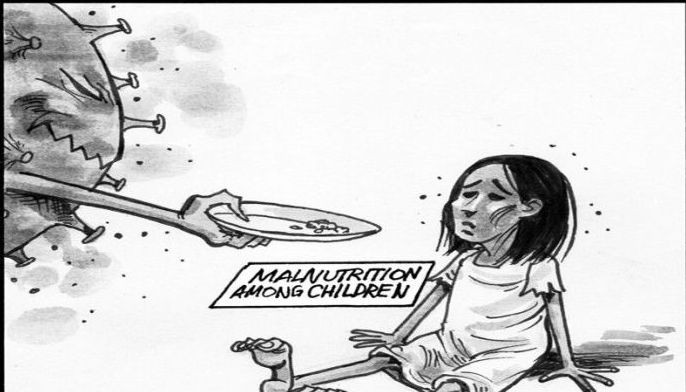School children have a much lower risk of COVID infection as they attend classes minus the pre-pandemic face-to-face interaction with their teachers and classmates. With the academic year finally kicking off yesterday in public schools, the Department of Education announced that it had overcome the COVID threat.
Aside from the technical difficulties and the limits of distance learning, however, there is one thing that school children particularly from low-income families will miss: the nutritional supplements provided for free during face-to-face classes. In the past, young children in public schools were given free snacks such as milk in tetrapacks as well as nutribuns to augment their nutrient intake.
Last month, a survey conducted by pollster Social Weather Stations Inc. showed the number of families that experienced involuntary hunger at least once since July hit a record high of 30.7 percent or about 7.6 million households. The surge can be traced to the loss of jobs and livelihoods amid the restrictions imposed to curb COVID transmission.
Even when poor families manage to have food on the table, the amount and nutritional value are typically inadequate. Malnutrition and undernourishment are expected to rise during the pandemic, which can exacerbate the problem of stunting among Filipino children, according to Cabinet Secretary Karlo Nograles, who heads the hunger task force of the administration. Hunger and insufficient nutrients also stunt brain development and are detrimental to learning.
In this pandemic, the national and local governments have occasionally distributed relief packages that contain food items such as rice, instant noodles and canned sardines. But funds for such aid have become acutely limited as the economy suffers its worst ever contraction. The risk of COVID infection also complicates the house-to-house distribution of any form of aid handout.
The government is reportedly considering the distribution of nutritious food items such as iron-fortified rice and nutribuns to the homes of low-income families with children aged six months to 23 months and pregnant women. Obviously, this cannot be a one-time assistance. The government will have to find the resources for a sustained supplemental feeding program for young children in depressed communities.


